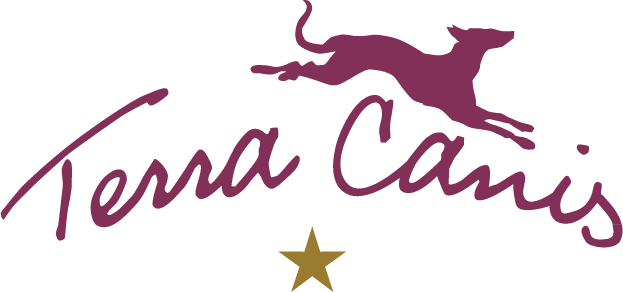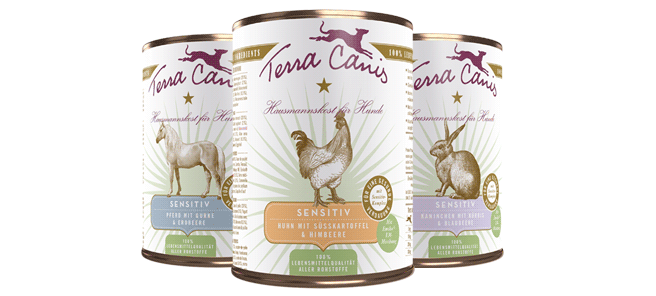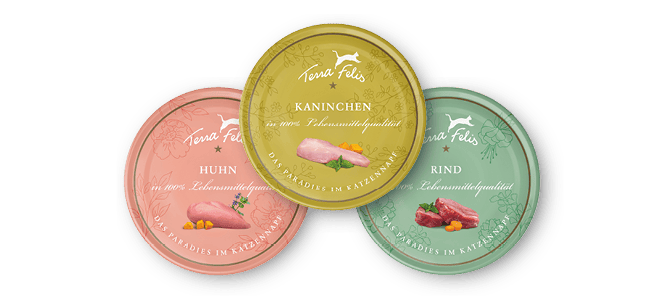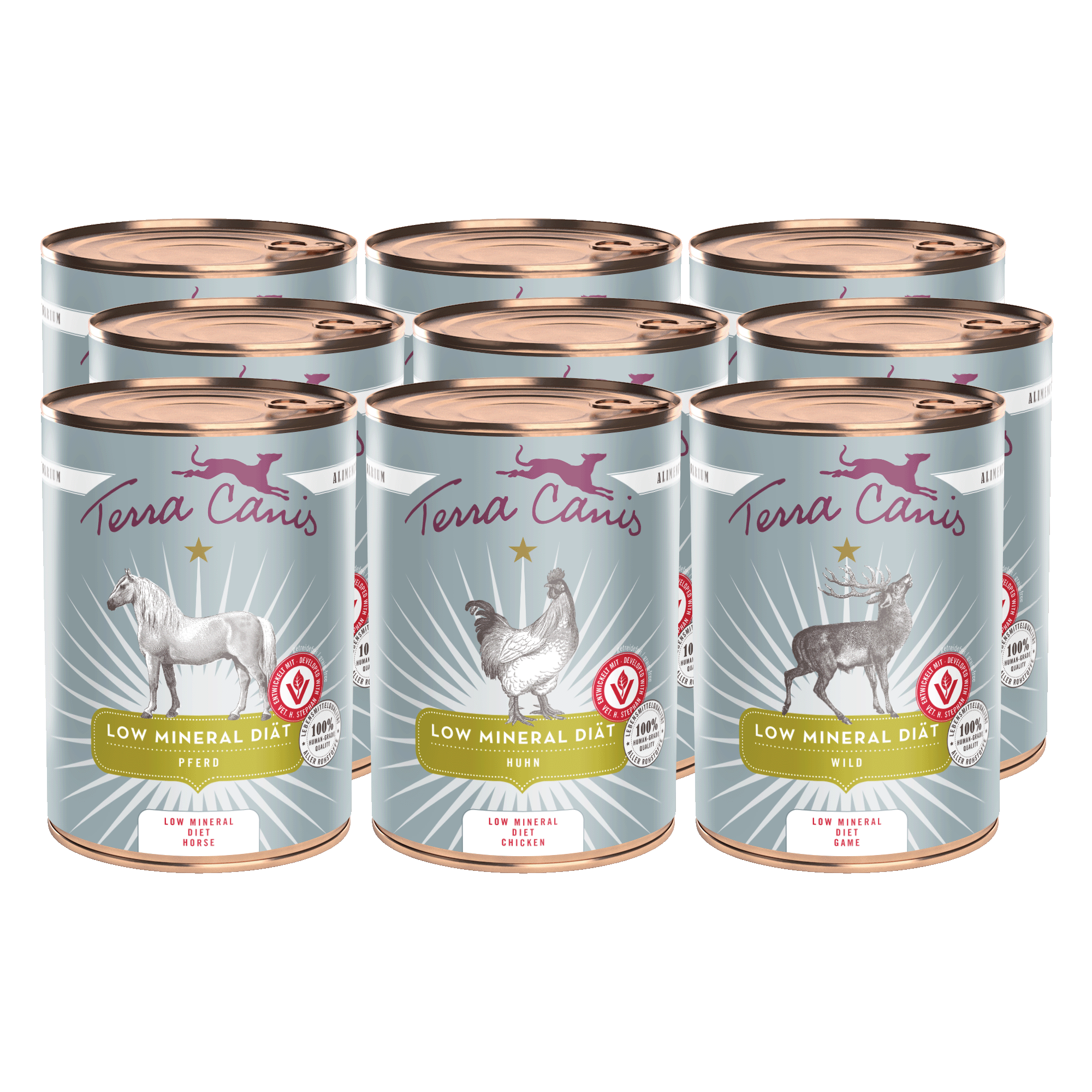
Low Mineral-Diet Introductory package
- 3x Low Mineral Horse
- 3x Low Mineral Chicken
- 3x Low Mineral Game
Developed with veterinarians
100% human-grade quality of all ingredients
Grain & gluten-free
Produced by master butchers
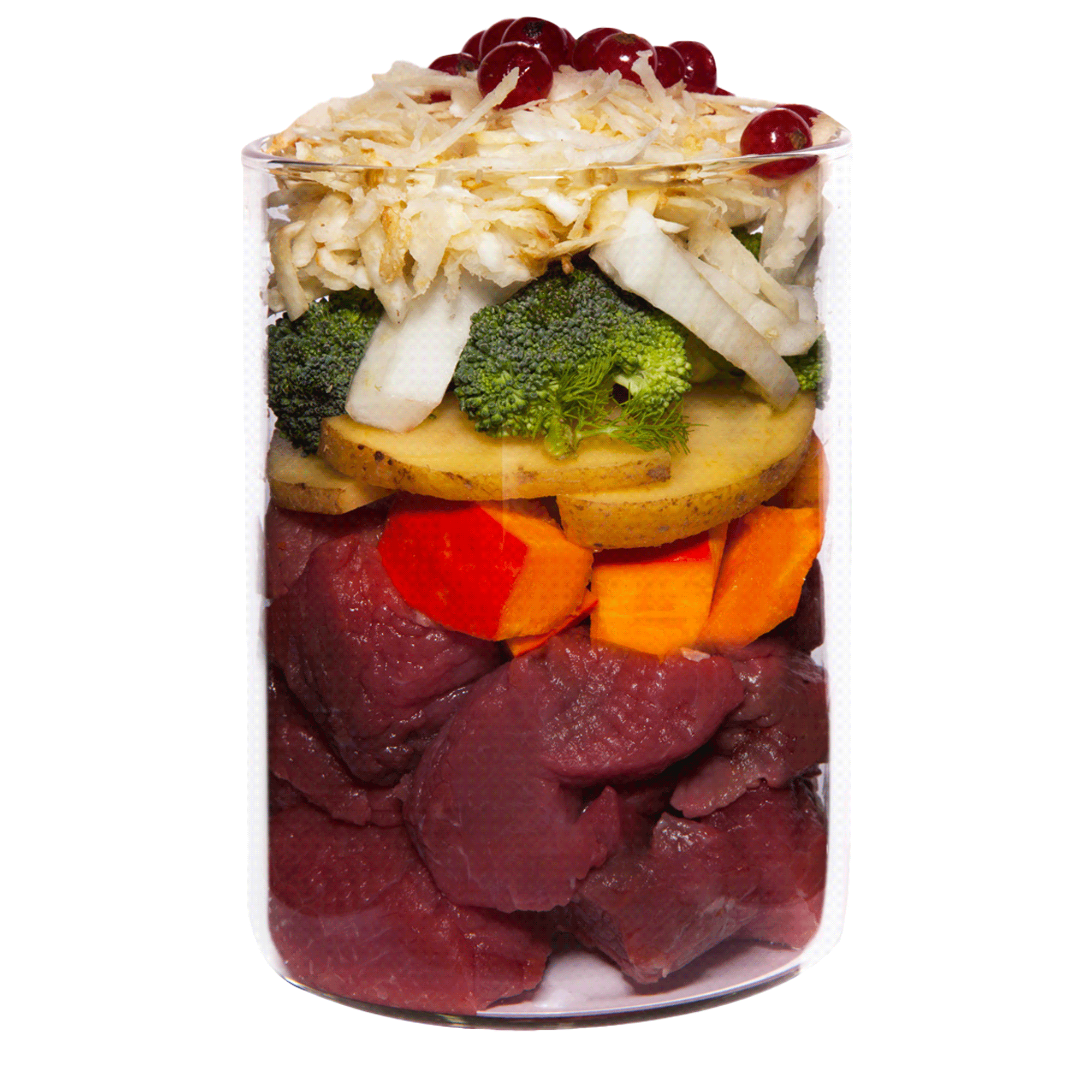
Composition
Horse muscle meat (63%), carrot, pumpkin (5%), potato, parsnip, fennel (4%), celery, rapeseed oil (3%), broccoli, lingonberry, coconut flour, artichoke leaves*, sage* (0.4%), marigold*, dandelion*, stinging nettle*, oyster shell*, Andean salt, seaweed*, minerals *dried
Nutritional additives/kg:
| Component | Nutritional additives/kg | Final analysis |
| Vitamin A (3a672a) | 4000 IE | 5900 IE/kg |
| Vitamin D3 (3a671) | 400 IE | 380 IE/kg |
| Vitamin E (3a700) | 75 IE | 7,5 IE/100g |
| Vitamin B1 (thiamine mononitrate) | 7 mg | 0,53 mg/100g |
| Vitamin B2 (riboflavin) | 8 mg | 0,74 mg/100g |
| Vitamin B6 (3a831) | 3 mg | |
| Vitamin B12 (cyanocobalamin) | 31 μg | 9,5 µg/kg |
| Biotin (3a880) | 36 μg | 3,8 µg/kg |
| Pantothenic acid (3a841) | 16 mg | 2,8 mg/100g |
| Folic acid (3a316) | 750 μg | 41,1 µg/100g |
| Niacin (3a314) | 28 mg | 2 mg/100g |
| Copper (3b405) | 2 mg | 10 mg/kg |
| Manganese (3b503) | 4 mg | 10 mg/kg |
| Iodine (3b202) | 0,8 mg | 0,65 mg/kg |
| Zinc (3b603) | 20 mg | 45 mg/kg |
| Calcium | 1000 mg | 2015 mg/kg |
| Phosphorus | 150 mg | 1180 mg/kg |
| Magnesium | 242 mg/kg | |
| Sodium chloride | 0,25g/100g | |
| Chloride | 40 mg | 1,3g/kg |
| Sodium | 35 mg | 0,05g/100g |
| Potassium | 3693 mg/kg | |
| L-carnitine (3a910) | 200 mg | |
| DL methionine (3c301) | 380 mg | 2600 mg/kg |
Ratio:
Meat : vegetables/fruit/herbs : other raw ingredients = 63% : 33% : 4%
AliVet LOW MINERAL-DIET
- Dissolves struvite stones
- Reduces recurrence of struvite stones
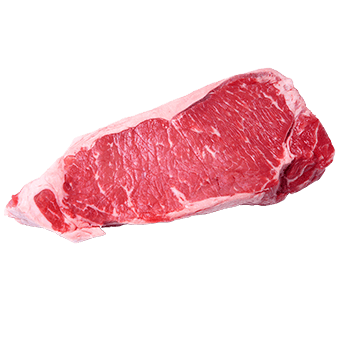
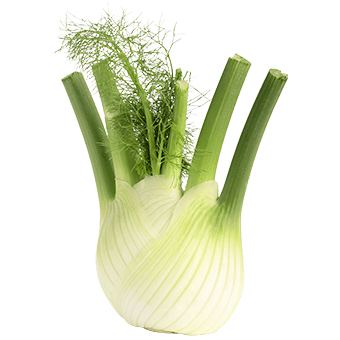
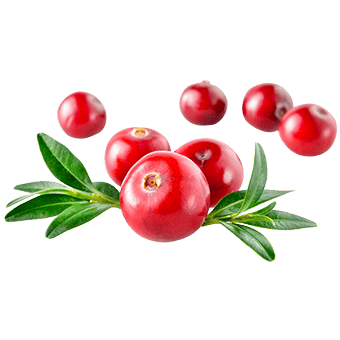
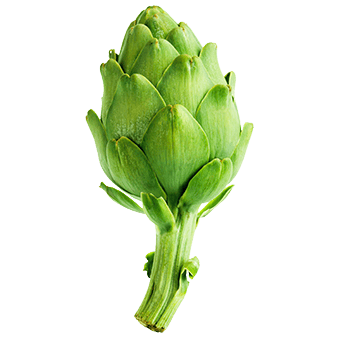
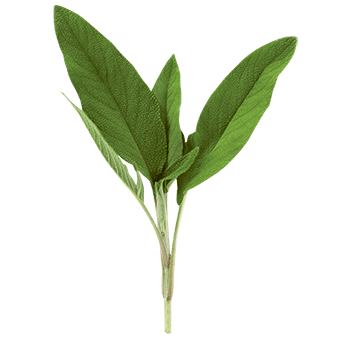
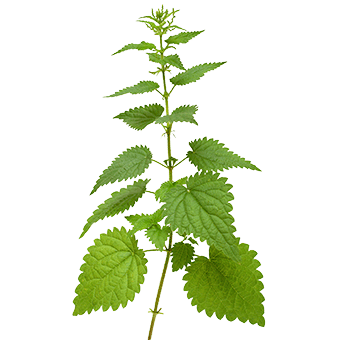
and many more ...
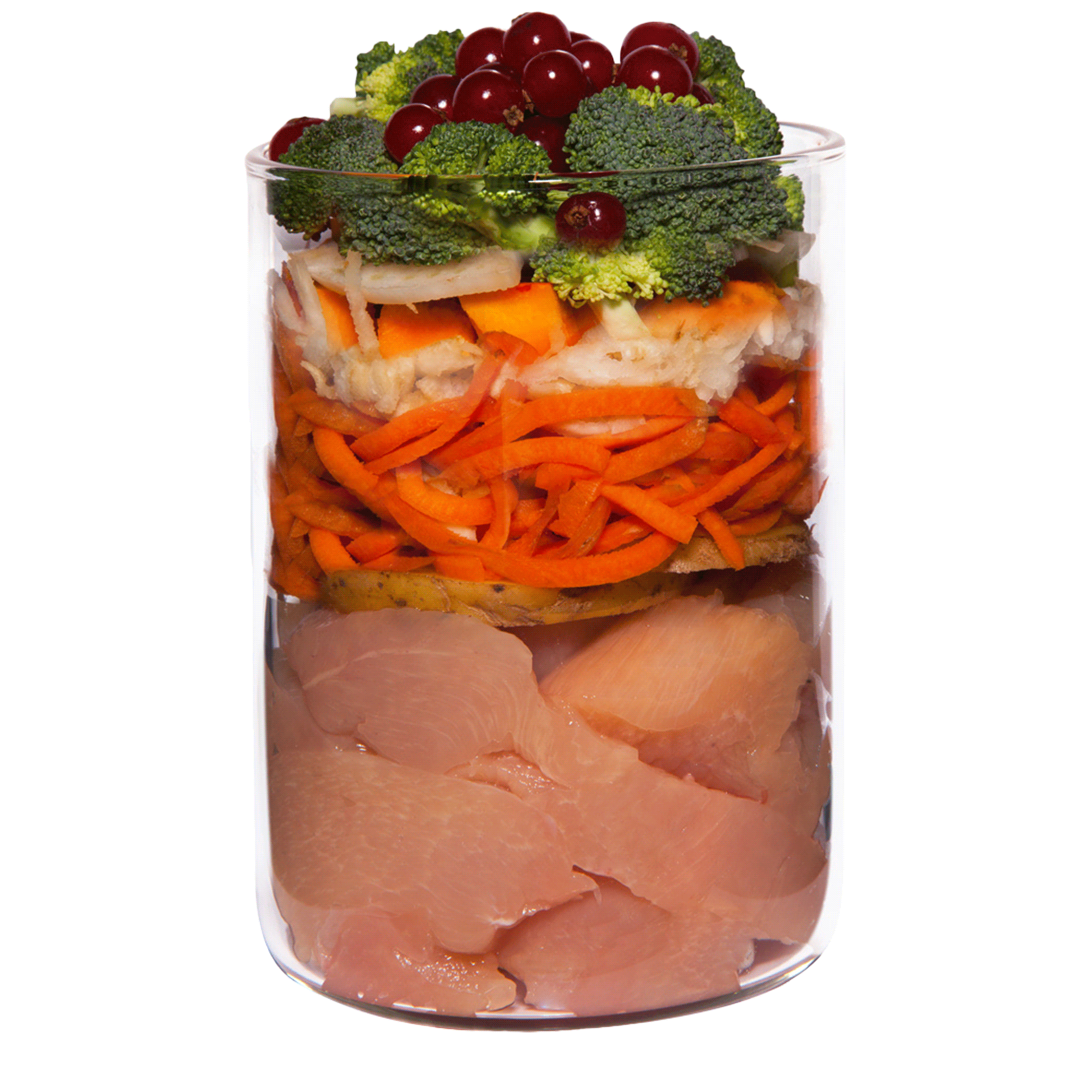
Composition
Chicken stomach (30%), chicken heart (26%), carrot, pumpkin (5%), potato, chicken muscle meat (7%), parsnip, fennel (4%), celery, rapeseed oil (3%), broccoli, cowberry, coconut flour, artichoke leaves*, sage* (0.4%), calendula*, dandelion*, stinging nettle*, oyster shell*, Andean salt, seaweed*, minerals
Nutritional additives/kg:
| Component | Nutritional additives/kg | Final analysis |
| Vitamin A (3a672a) | 4000 IE | 5800 IE/kg |
| Vitamin D3 (3a671) | 400 IE | 380 IE/kg |
| Vitamin E (3a700) | 75 IE | 8,2 IE/100g |
| Vitamin B1 (thiamine mononitrate) | 7 mg | 0,6 mg/100g |
| Vitamin B2 (riboflavin) | 8 mg | 0,75 mg/100g |
| Vitamin B6 (3a831) | 3 mg | |
| Vitamin B12 (cyanocobalamin) | 31 μg | 8,2 µg/100g |
| Biotin (3a880) | 36 μg | 3,8 µg/100g |
| Pantothenic acid (3a841) | 16 mg | 2,6 mg/100g |
| Folic acid (3a316) | 750 μg | 38,2 µg/100g |
| Niacin (3a314) | 28 mg | 2,2 mg/100g |
| Copper (3b405) | 2 mg | 10 mg/kg |
| Manganese (3b503) | 4 mg | 10 mg/kg |
| Iodine (3b202) | 0,8 mg | 0,65 mg/kg |
| Zinc (3b603) | 20 mg | 45 mg/kg |
| Calcium | 1000 mg | 2458 mg/kg |
| Phosphorus | 150 mg | 1020 mg/kg |
| Magnesium | 216 mg/kg | |
| Sodium chloride | 0,23 g/100g | |
| Chloride | 40 mg | 1,5 g/kg |
| Sodium | 35 mg | 0,06 g/100g |
| Potassium | 3396 mg/kg | |
| L-carnitine (3a910) | 200 mg | |
| DL methionine (3c301) | 380 mg | 1800mg/kg |
Ratio:
Meat : vegetables/fruit/herbs : other raw ingredients = 63% : 33% : 4%
AliVet LOW MINERAL-DIET
- Dissolves struvite stones
- Reduces recurrence of struvite stones
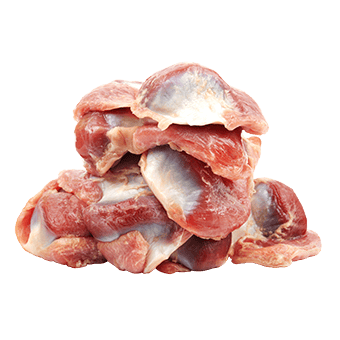
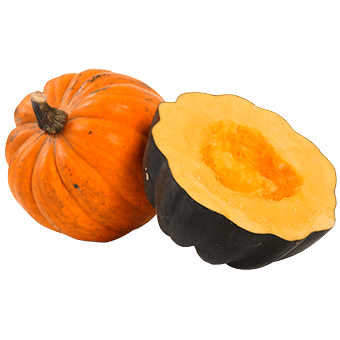




and many more ...
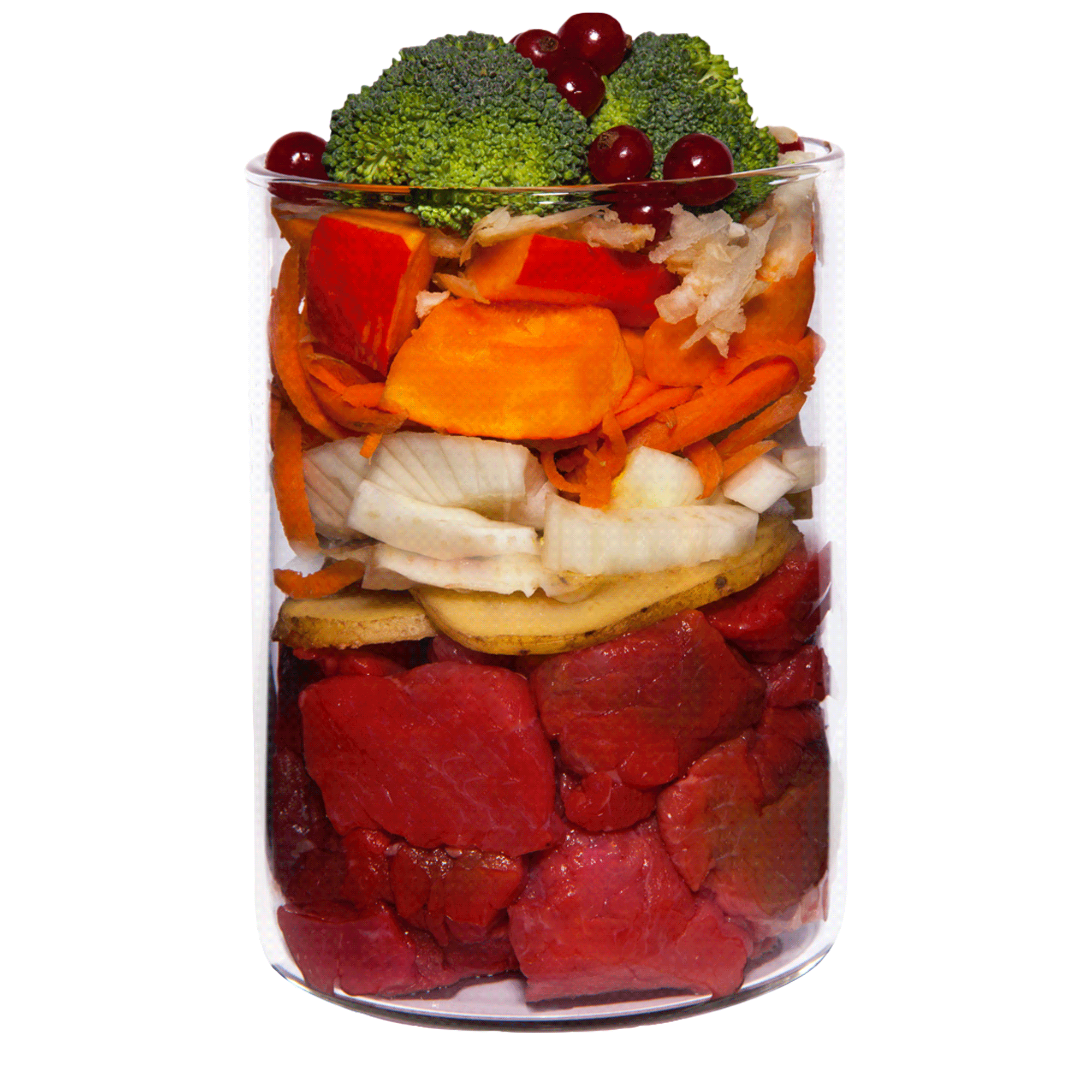
Composition
Game muscle meat (63%), carrot, pumpkin (5%), potato, parsnip, fennel (4%), celery, rapeseed oil (3%), broccoli, lingonberry, coconut flour, artichoke leaves*, sage* (0.4%), marigold*, dandelion*, stinging nettle*, oyster shell*, Andean salt, seaweed*, minerals *dried
Nutritional additives/kg:
| Component | Nutritional additives/kg | Final analysis |
| Vitamin A (3a672a) | 4000 IE | 6000 IE/kg |
| Vitamin D3 (3a671) | 400 IE | 380 IE/kg |
| Vitamin E (3a700) | 75 IE | 7,5 IE/100g |
| Vitamin B1 (thiamine mononitrate) | 7 mg | 0,5 mg/100g |
| Vitamin B2 (riboflavin) | 8 mg | 0,6 mg/100g |
| Vitamin B6 (3a831) | 3 mg | |
| Vitamin B12 (cyanocobalamin) | 31 μg | 6,9 µg/100g |
| Biotin (3a880) | 36 μg | 3,8 µg/100g |
| Pantothenic acid (3a841) | 16 mg | 2,6 mg/100g |
| Folic acid (3a316) | 750 μg | 40,5 µg/100g |
| Niacin (3a314) | 28 mg | 2,1 mg/100g |
| Copper (3b405) | 2 mg | 10 mg/kg |
| Manganese (3b503) | 4 mg | 10 mg/kg |
| Iodine (3b202) | 0,8 mg | 0,7 mg/kg |
| Zinc (3b603) | 20 mg | 40 mg/kg |
| Calcium | 1000 mg | 2169 mg/kg |
| Phosphorus | 150 mg | 1150 mg/kg |
| Magnesium | 224 mg/kg | |
| Sodium chloride | 0,23g/100g | |
| Chloride | 40 mg | 1,2g/kg |
| Sodium | 35 mg | 0,05g/100g |
| Potassium | 3542 mg/kg | |
| L-carnitine (3a910) | 200 mg | |
| DL methionine (3c301) | 380 mg | 2300 mg/kg |
Ratio:
Meat : vegetables/fruit/herbs : other raw ingredients = 63% : 33% : 4%
AliVet LOW MINERAL-DIET
- Dissolves struvite stones
- Reduces recurrence of struvite stones


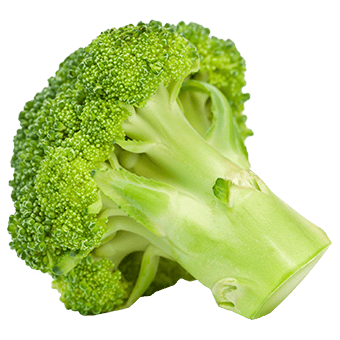

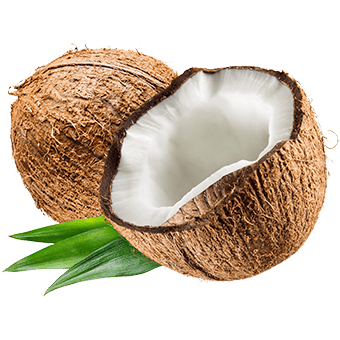

and many more ...
Analytical components
Protein: 11.5
% fat content: 4.3
% crude fibre: 0.6
% crude ash: 1.5
% moisture: 77
% Na: 0
%
MJ/kg: 4
Analytical components
Protein: 5.9
% fat content: 6.5
% crude fibre: 0.6
% crude ash: 1.4
% moisture: 80
%
MJ/kg: 4
Analytical components
Protein: 9.9
% fat content: 7.2
% crude fibre: 0.5
% crude ash: 1.4
% moisture: 75.8
%
MJ/kg: 4.9
Feeding recommendation
| 5 kg | 300 - 400 g |
| 10 kg | 500 - 600 g |
| 20 kg | 800 - 1000 g |
| 30 kg | 1100 - 1400 g |
Feeding recommendation
| 5 kg | 300 - 400 g |
| 10 kg | 500 - 600 g |
| 20 kg | 800 - 1000 g |
| 30 kg | 1100 - 1400 g |
Feeding recommendation
| 5 kg | 300 - 400 g |
| 10 kg | 500 - 600 g |
| 20 kg | 800 - 1000 g |
| 30 kg | 1100 - 1400 g |
Reviews
(0)
